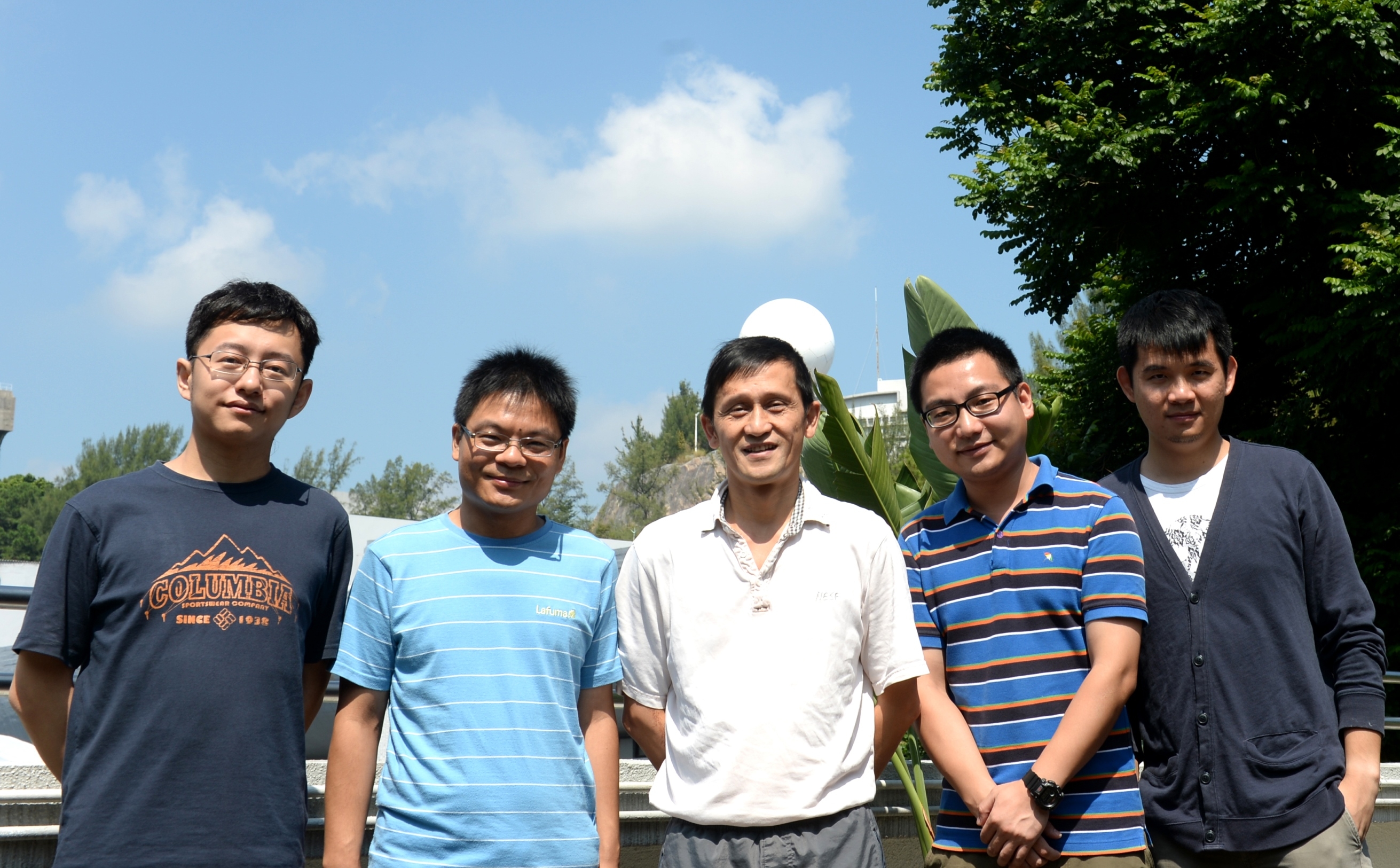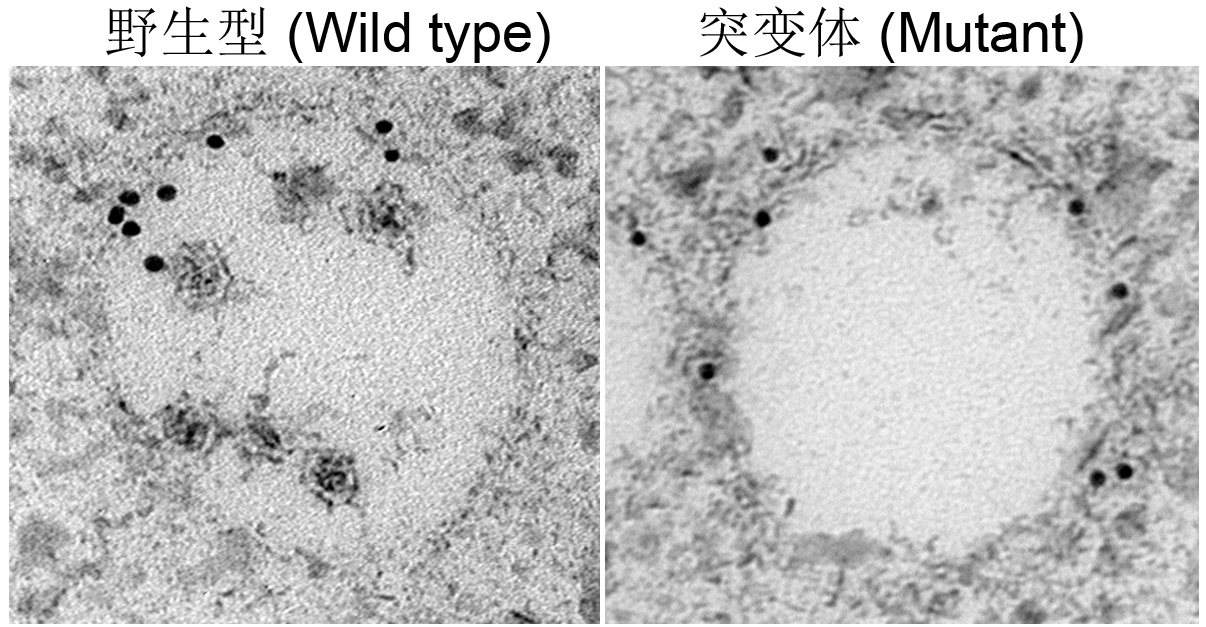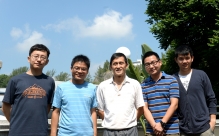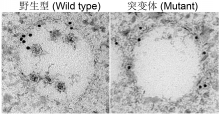CUHK
News Centre
CUHK Researcher Discovers New Plant-specific Protein Crucial to Plant Development
A research team led by Professor Liwen Jiang of the School of Life Sciences (SLS) at The Chinese University of Hong Kong (CUHK) identified a novel regulator that controls the formation of multivesicular bodies (MVBs) and MVB-mediated degradation of membrane proteins in plants. These findings, shedding new light on the molecular mechanisms of organelle biogenesis and function in plants, have been published recently in the Current Biology, a journal published by the Cell Press.
Cell is the basic unit of life, while the organelles inside the cell are the essential ‘organs’ of the plant. Each cell contains many different kinds of organelles, while organelle type comprises different proteins to perform their specific functions that control the plant growth and development. Like all the organisms that have a life cycle of birth and death, proteins in the cells also have their own cycles of production and degradation. After finishing their functions, all the proteins like membrane proteins are usually labeled by the ‘dead signals’ and sorted into the intraluminal vesicles of MVBs, which fuse with vacuoles/lysosomes for protein degradation and recycling of degraded products such as amino acids.
Professor Jiang’s research team has been working on the underlying mechanisms of protein transport and organelle biogenesis in plant cells for more than 14 years at CUHK, and has been internationally recognized as a leading group in the field of functional study of plant MVBs. In the study published in Current Biology, his research team discovered a new plant-specific protein player regulating the biogenesis of MVBs in plant cells. Using a combination of cellular, biochemical and genetic approaches, they have demonstrated that knock-out of the gene encoded this protein causes the defect of MVB formation and plant development. These new findings have provided new directions in future study of MVB biogenesis and MVB-mediated membrane protein degradation in plants.
Professor Jiang is currently a Professor of SLS and Director of AoE Centre for Organelle Biogenesis and Function. He is a plant cell biologist and always focuses on understanding the molecular mechanisms of protein transport and organelle biogenesis in plants. Since protein transport and organelle biogenesis are crucial for plant development and plant stress resistance, understanding of their molecular mechanism will in future contribute to the development of plant biotechnology. Professor Jiang received the Croucher Senior Research Fellowship 2009/2010 due to his outstanding research achievements in the study of plant protein transport.
Prof. JIANG Liwen (middle) and his research team: (from left) Dr CUI Yong, Dr GAO Caiji, Dr LUO Ming and Dr ZENG Yonglun







